To avoid the real danger of “leaving rubbles, deserts and dirt to future generations,” an “organic and concerted action of integral ecology” is necessary. This is what the Holy Father Francis was addressing to the participants of the international conference convened on July 6, 2018, on the occasion of the 3rd anniversary of the publication of the encyclical letter Laudato Si. These words echo the cry of the Pope – an appeal to an authentic ecological conversion. It is addressed not only to the rulers and leaders of our planet but to every man and woman aware of the tragic ecological situation in which we are immersed.
In fact, according to the most recent studies and surveys, the world is suffocating because of global warming, and global pollution seems to have become pervasively unstoppable. During the 4th session of the United Nations Assembly for the Environment (UNEA), held in Nairobi last March 11-15, it was stated that one quarter of premature deaths is due to pollution and that the ecosystems are close to global crisis, seriously compromising the well-being of the 3.2 billion people, almost half of the world population.
The most alarming statement is probably that all citizens do not perceive the responsibility for this in the same way. People seem to ignore this problem by themselves. They avoid it as if it didn’t matter to them. They avoid it as if they didn’t radically involve all life on our planet. Perhaps not everyone knows that the world we live in is a pathogenic world, where the air, water, and food, in most cases, are polluted. In most of the population, the food that they eat is nutritionally unbalanced and deficient with essential nutrients. The clothes that they wear contain massive doses of microplastics. How is it possible that such a situation does not draw interest and worry about everyone? How come it does not alarm every person that exists, lives, and moves in this world?
But who is aware of what happens? Who is aware of the ongoing drama?
Certain decisions are taken by the political and civil leaders certainly lead to the right direction: garbage segregation, the prohibition of the most polluting machines, ecological Sundays. However, few people realize that the simple daily gestures can change things or which, at least, can resolve o the problem: limit the use of plastic, for 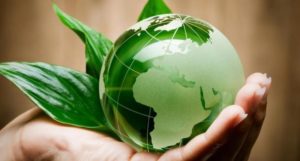 example, use of glass bottles, avoid throwing cigarette butts on the ground. Some are the fundamental rules of society and healthy habits which we must learn to make our own.
example, use of glass bottles, avoid throwing cigarette butts on the ground. Some are the fundamental rules of society and healthy habits which we must learn to make our own.
(https://www.studenti.it/tema-argomentativo-ecologia-inquinamento-degrado-ambientale.html)
In the final document of the 4th session of the United Nations Environment Assembly in Nairobi, we read these statements in point n. 3: “We are, however, deeply concerned about the findings of relevant global environmental assessments which indicate that, despite the availability of solutions to our common environmental challenges, our planet is increasingly polluted, affected by the adverse effects of climate change, quickly losing its biodiversity, and experiencing widespread environmental degradation.”
Faced with this sad reality, what can we do or what should we do? To react or to suffer?
On May 24, 2015, Pope Francis, through the encyclical letter Laudato Si, offered the Catholics and all men of good will guidelines to safeguard our common good, the mother earth, and to ensure a future for the next generations. In light of this particularly evocative document, what path should you take? What kind of behavior do you adopt?



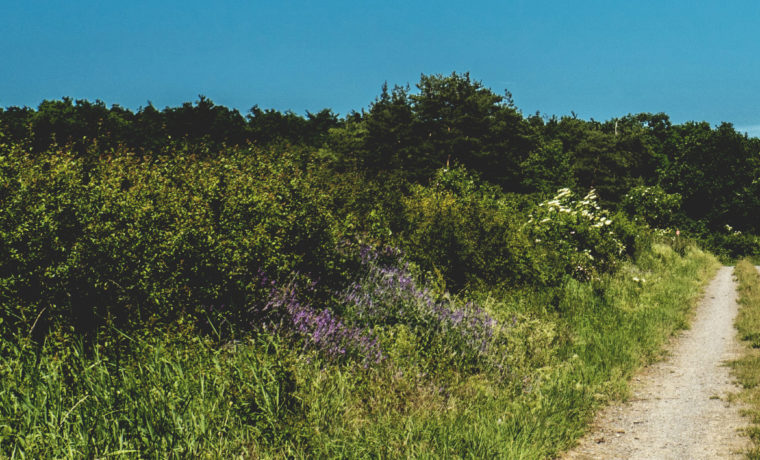
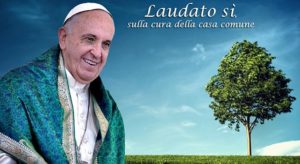
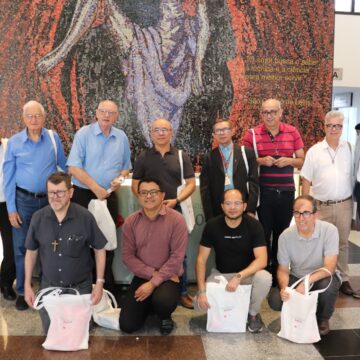
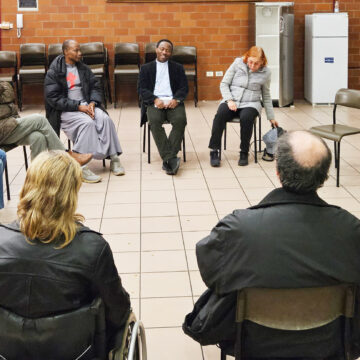
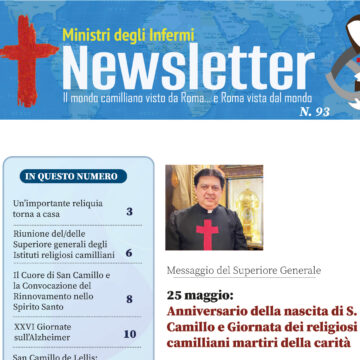
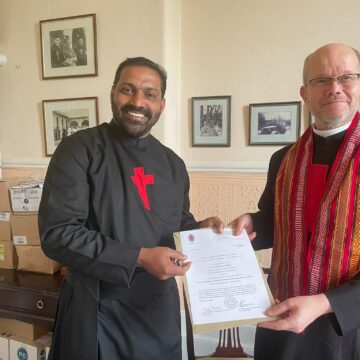

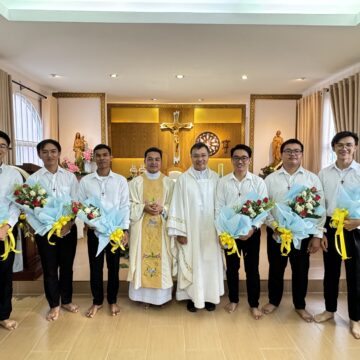
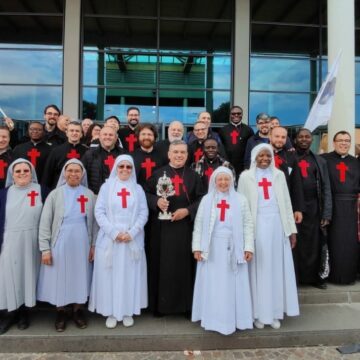
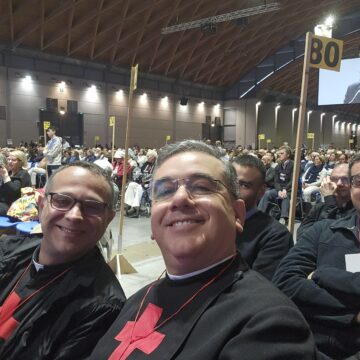
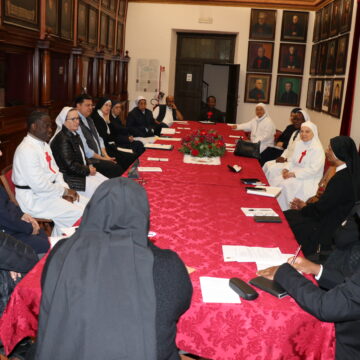
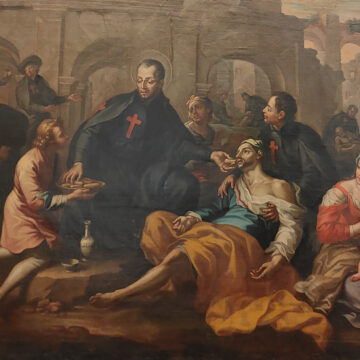


Camillians on Facebook
Camillians on Twitter
Camillians on Instagram